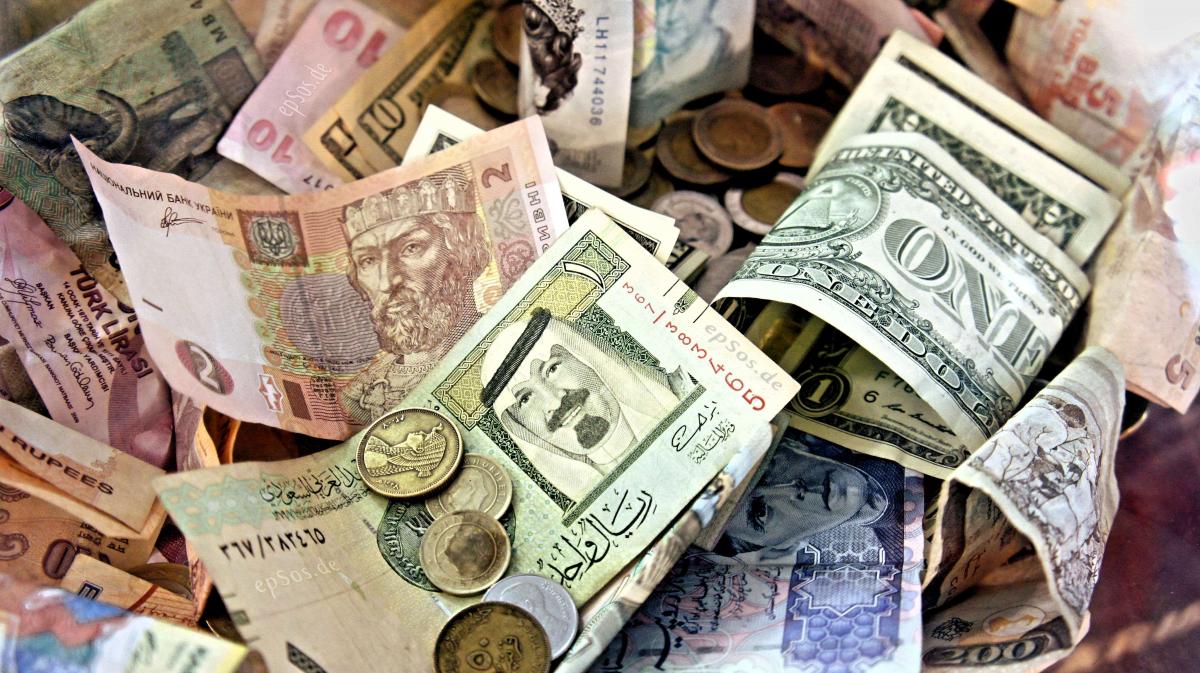The chair of the Commodity Futures Trading Commission, Timothy Massad, addressed the Outlook Conference of the Managed Funds Association on October 21, and spoke about the global implementation of uncleared margin rules, which he called a critical component of “the new regulatory framework for swaps trading that the leaders of the G-20 nations agreed to in response to the financial crisis” of 2008.
New rules went into effect on September 1, 2016, but they are thus far in effect only as applied to the largest swaps dealers. There are “about 20” dealers to who the rules at present apply, in Massad’s estimate. These are firms that trade more than $8 billon in swaps in most asset classes over a 12-month period.
Who Is On Board?
The implementation will continue in yearly waves, moving downmarket from those imposing at heights, until if all goes as planned all swaps dealers who don’t have central clearing will be collateralizing with their counter-parties after March 2020.
Parallel rules, essentially requiring that the swap dealers must see to it that initial margin posted to counterparties and collected from counterparties be held by an unaffiliated custodian, were implemented on the same day, again in accord with the G-20 initiative, in Japan and in Canada. The European Commission announced a delay in its own implementation, but the new rules ought to be in place there by the end of this year, and in any event swaps dealers in Europe transacting with U.S., Canadian, or Japanese institutions will be subject to the margin rules anyway.
Before the MFA, Massad seemed largely to want to inform the audience that the rest of the world is coming on board with this. Switzerland is moving forward, as is Australia, and “we [at the CFTC] are in touch with Hong Kong and Singapore, which are working on finalizing their rules.”
Cap Requirements
Capital requirements are a separate though related compliance issue for swap dealers, and Massad also spoke to this. Margin, he said, is “the first line of defense against a default,” but capital requirements amount to defense in depth. The meta-rule, for both swaps and cap requirements, is that swaps dealers for whom there are prudential regulators must follow the rules set by that regulator, and that the CFTC sets the rules for all other swap dealers. The issue of keeping the swaps world safe from disastrous default of the AIG sort is not a one-size-fits-all affair.
On the subject of cap requirements, Massad is recommending to his colleagues on the CFTC a rule specifically for dealers primarily engaged in non-financial activities that will be based on their net worth. This is distinct from the Securities and Exchange Commission’s net liquid assets approach, which will continue to apply to swap dealers who are also broker-dealers.
Pound-Dollar Drama
In time, Massad came around to discussing the recent drastic round trip in the value of the British pound against the U.S. dollar, in the Asian markets on Friday morning local time, October 7th. While Londoners slept and while New Yorkers headed home Thursday evening, traders starting their Friday work day in Hong Kong saw sterling fall off the proverbial cliff, losing more than 8% of its dollar denominated value in about eight minutes. A half hour after the low, sterling had recovered most of that ground. But as with other flash crashes before it, this one left market participants shaking their heads, wondering “what just happened?”
Massad attributes this particular flash crash to Brexit-related anxieties, triggered specifically by comments of the previous week by the President of France suggesting that the Brits would not be allowed an easy way out of the EU, that they would have to suffer so secession would seem unpalatable to other members. These remarks were especially powerful, Massad said, in “a market that is not nearly as liquid as Treasury futures and at a time of day when liquidity was particularly low.”
Massad did not go very far into an analysis of the sterling’s round trip, but he did indicate that he will be giving a speech at an upcoming conference sponsored by the Federal Reserve where he will discuss the matter further.




